 In today's fast-paced world, finding the time and resources to prepare healthy meals can often feel like a challenge. With busy schedules and financial constraints, it's tempting to opt for convenient, but often unhealthy, fast-food options. However, eating well doesn't have to be expensive. With a little planning and creativity, you can enjoy delicious, nutritious meals without breaking the bank. In this blog post, we'll explore some tips and tricks for creating budget-friendly healthy meals that will nourish your body and satisfy your taste buds. 1. Plan Ahead: I know meal planning is not on the top of everyone’s list, but it’s an effective way to save money on meals. Take some time each week to sit down and plan out your meals for the upcoming days. This will not only help you avoid the temptation of ordering takeout but also allow you to make a grocery list and stick to it, reducing impulse purchases. 2. Embrace Plant-Based Protein: Meat and seafood can be expensive, but plant-based protein sources like beans, lentils, tofu, and chickpeas are much more budget-friendly. Incorporating these ingredients into your meals can help stretch your grocery budget while still providing you with essential nutrients like protein and fiber. 3. Buy in Bulk: Buying staple items like whole grains, rice, whole grain pasta, oats, and dried beans in bulk can save you a significant amount of money in the long run. Many grocery stores offer discounts for buying in bulk, and these pantry staples have a long shelf life, so you can stock up without worrying about them going bad. 4. Shop Seasonally: Fruits and vegetables that are in season are not only fresher and more flavorful but also more affordable. Take advantage of seasonal produce by planning your meals around what's currently available at your local farmers' market or grocery store. You can also buy extra and freeze them for later use. Also, with some supermarkets, you can find a rack of fruits and vegetables reduced for sale. This is also a great way to save money without breaking the bank! 5. Limit Processed Foods: Processed and convenience foods are not only more expensive but also tend to be higher in unhealthy fats, sugars, and sodium. Instead of buying pre-packaged meals and snacks, opt for whole, unprocessed ingredients that you can prepare yourself. Not only will this save you money, but it will also be better for your health in the long run. 6. Cook in Batches: Spending a few hours or more on the weekend cooking large batches of food can save you time and money during the week. Depending on if you are cooking just for yourself or your family make hearty portions of soups, stews, or casseroles that you can portion out and freeze for later use. This way, you'll always have a healthy meal on hand, even on busy weeknights. Also, rethink old school by using your slow cooker to get the job done or an Instapot. 7. Get Creative with Leftovers: Instead of letting leftovers go to waste, repurpose them into new meals. For example, leftover roasted vegetables can be added to salads, sandwiches, or omelets, while cooked grains like quinoa or brown rice can be turned into hearty grain bowls or stir-fries. 8. Use Herbs and Spices: Herbs and spices are a budget-friendly way to add flavor to your meals without relying on expensive sauces or condiments. Keep a well-stocked spice rack and experiment with different flavor combinations to elevate your dishes. You can easily start with the basics at your discount dollar stores. 9. Drink Water: Instead of buying sugary sodas or juices, which are not a healthy option, choose water as your main beverage. Not only is water better for your health, but it's also much cheaper. You can also try infusing your water with fruits or herbal teas without adding too much of an extra cost. 10. Grow Your Own Produce: If you have the space, consider starting a small garden to grow your own fruits and vegetables. Not only is gardening a rewarding hobby, but it can also help you save money on groceries and ensure that you have access to fresh, organic produce year-round. Even if you have limited space a couple of windowsill herbal pots can be an awesome start to making delicious meals! By following these tips, you can enjoy delicious, nutritious meals without breaking the bank. Eating well on a budget is all about planning ahead, making smart choices at the grocery store, and getting creative in the kitchen. With a little effort and ingenuity, you can nourish your body and your wallet at the same time.
Eat Good! Feel Good! Look Good! Chef Vanessa
0 Comments
|
AuthorVanessa LaBranche Archives
June 2024
|

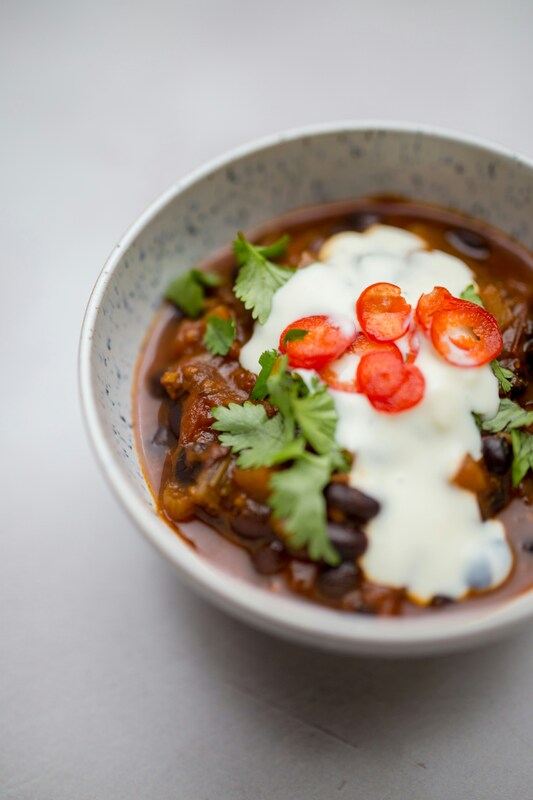
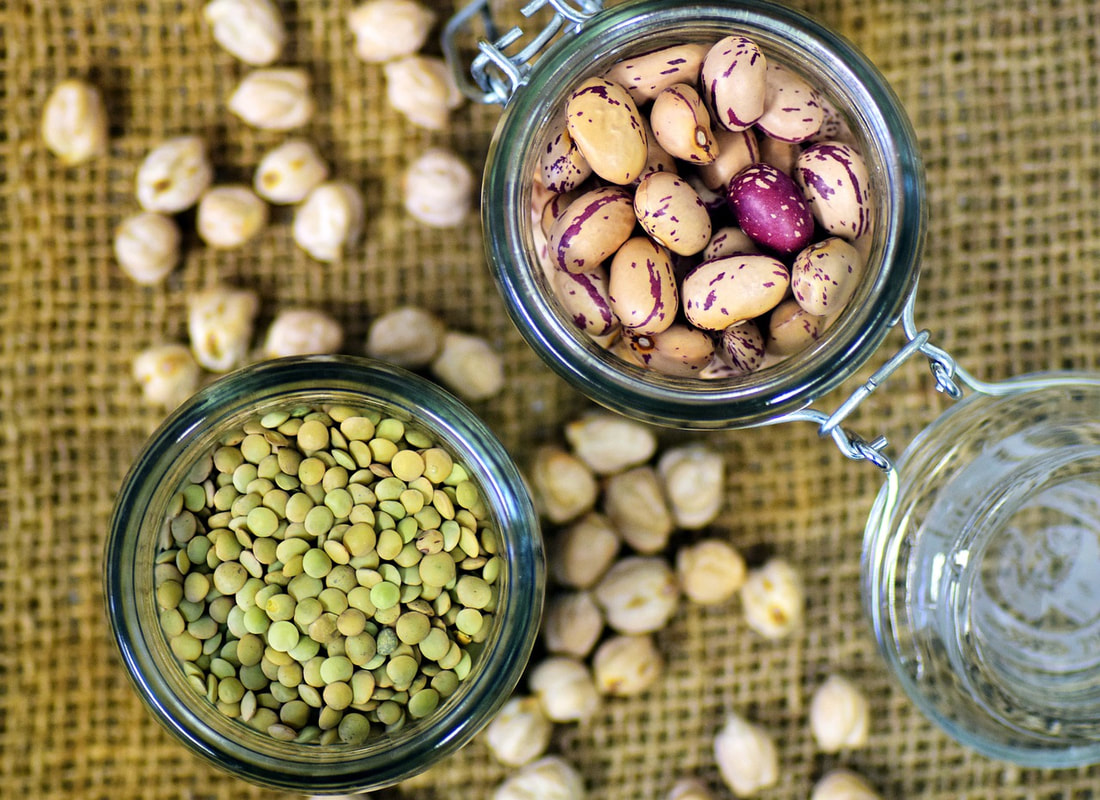
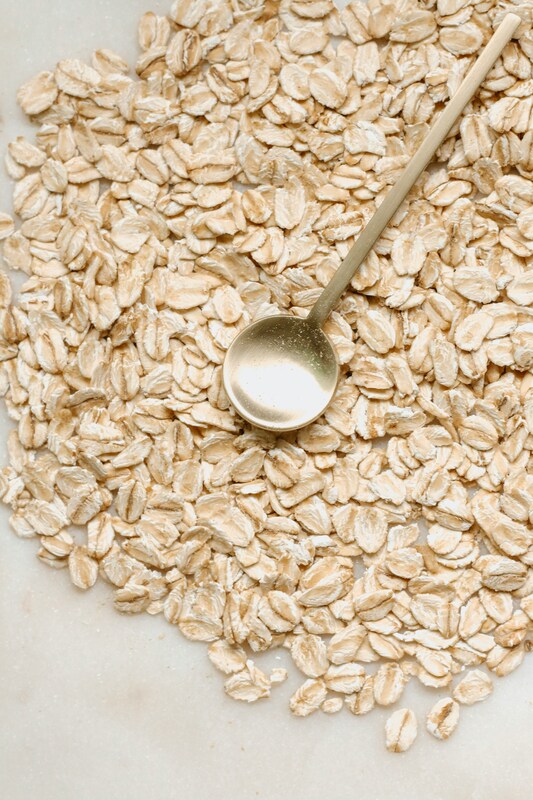


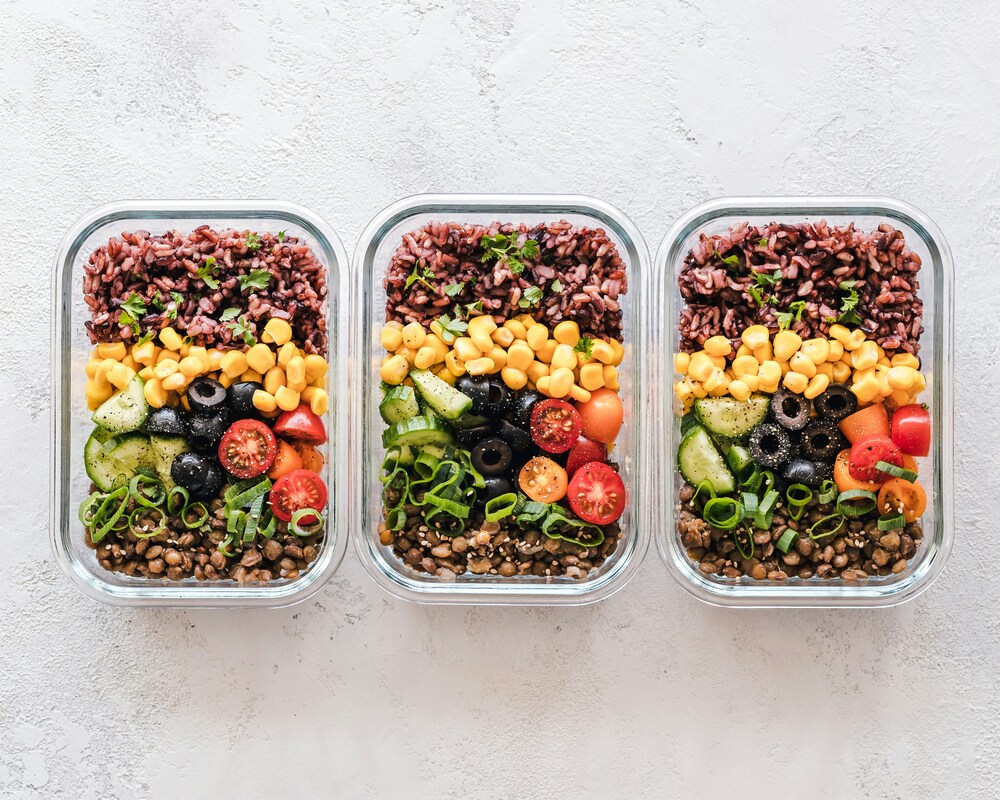
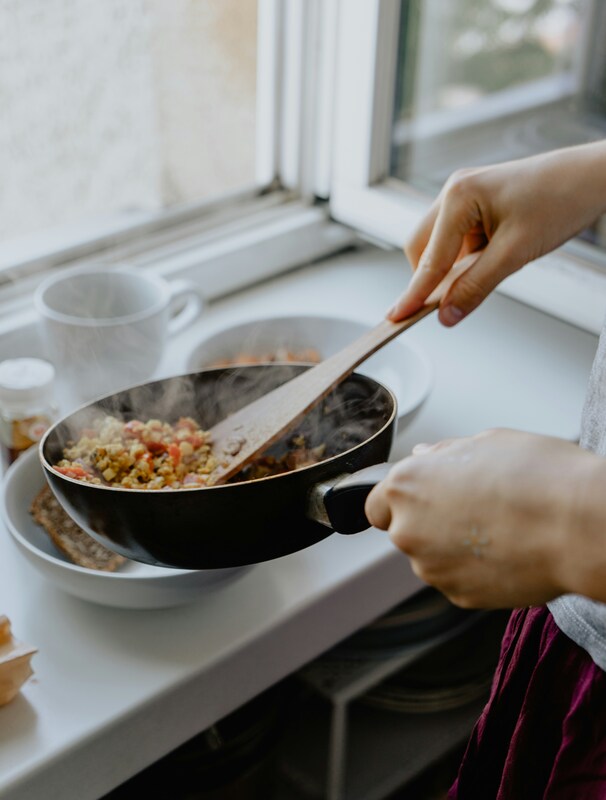



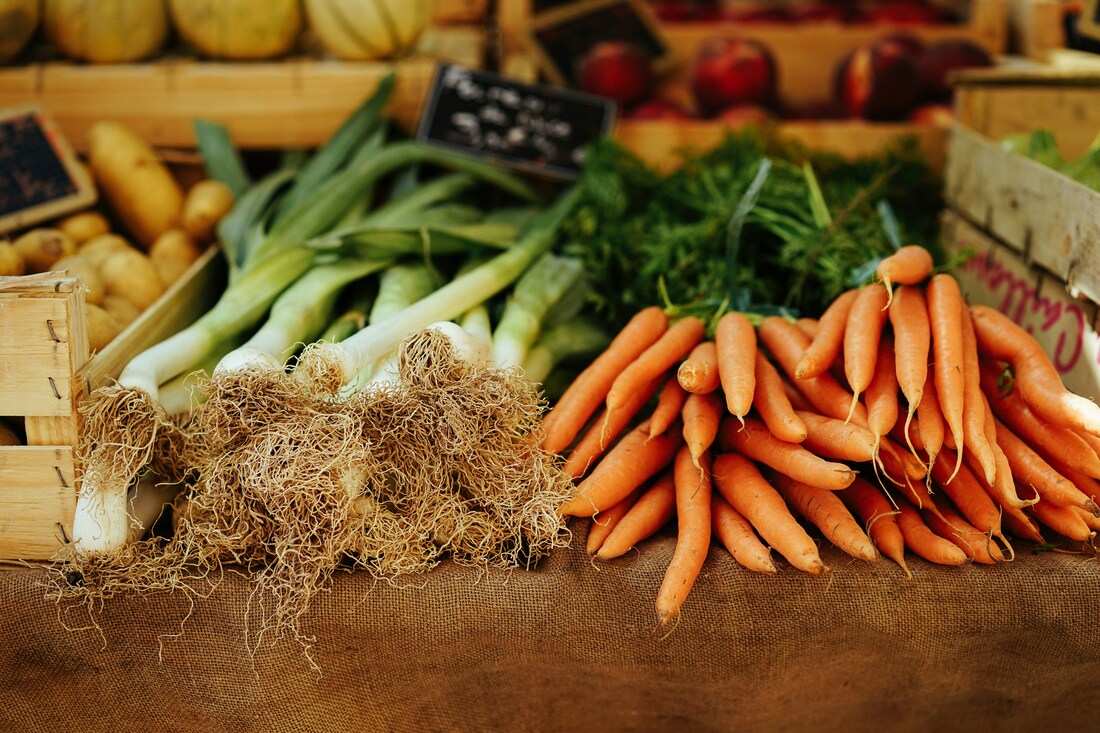
 RSS Feed
RSS Feed